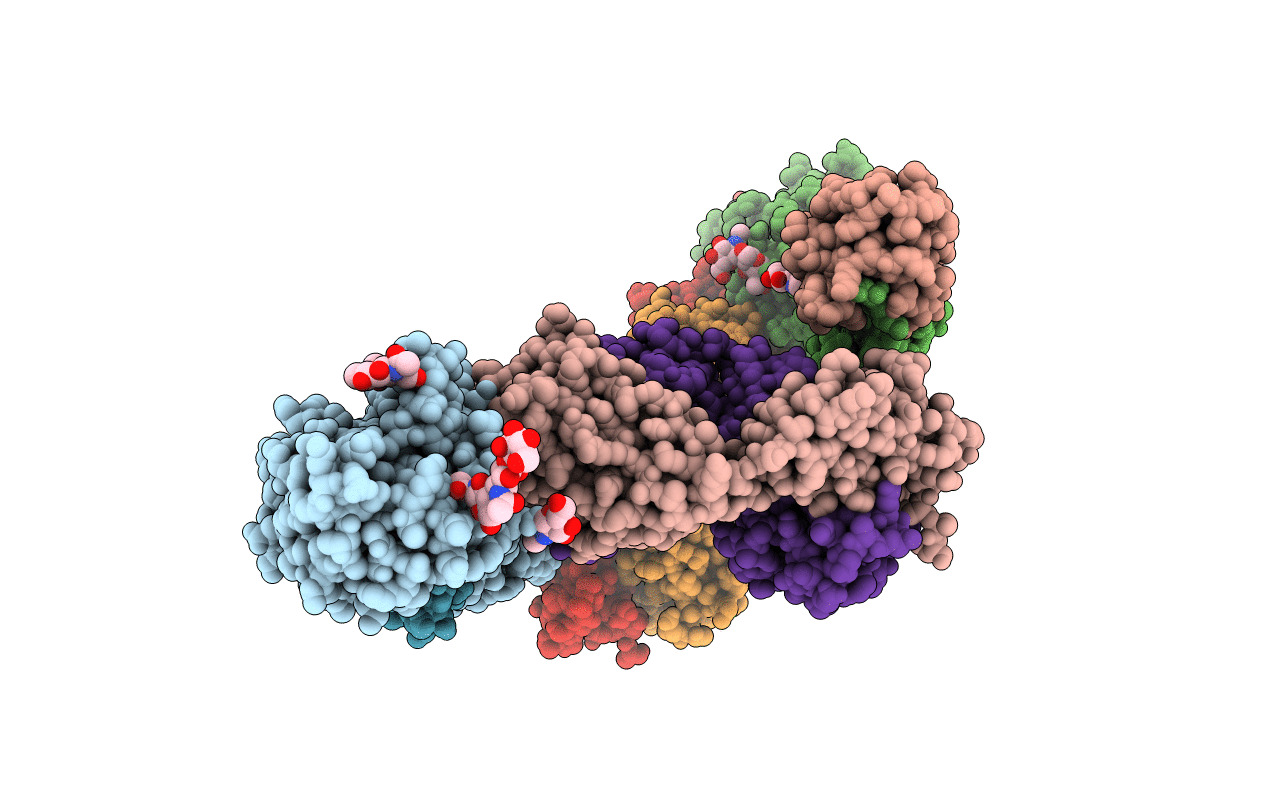
Deposition Date
2012-06-25
Release Date
2012-08-22
Last Version Date
2024-11-20
Entry Detail
PDB ID:
4FQK
Keywords:
Title:
Influenza B/Brisbane/60/2008 hemagglutinin Fab CR8059 complex
Biological Source:
Source Organism(s):
Influenza B virus (Taxon ID: 604436)
Homo sapiens (Taxon ID: 9606)
Homo sapiens (Taxon ID: 9606)
Expression System(s):
Method Details:
Experimental Method:
Resolution:
5.65 Å
R-Value Free:
0.32
R-Value Work:
0.30
R-Value Observed:
0.30
Space Group:
H 3


